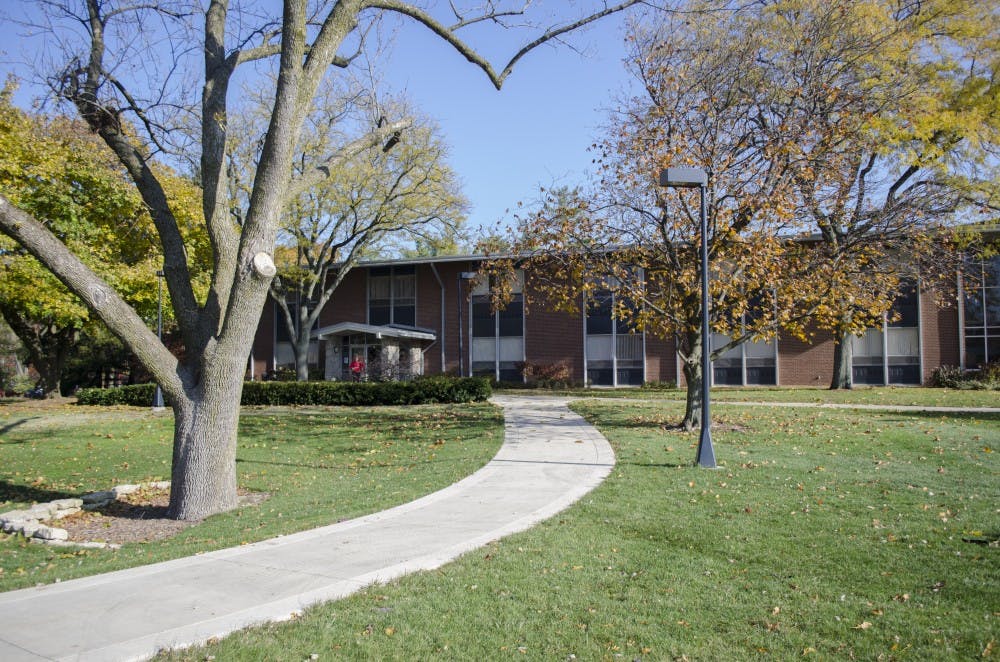Many college-aged people are prone to contracting HIV — especially because many don't even get tested.
Of the U.S. people ages 13 to 24 diagnosed with HIV in 2013, 81 percent of them were college-aged people (ages 20 to 24) according to the Centers for Disease Control. The 20 to 24 age group had the highest number of diagnoses, with 8,053.
A 2012 study showed that only two in five college students had ever been tested for HIV, and that men were less likely than women to be tested.
That's why the Ball State Amelia T. Wood Health Center offers free HIV testing.
The Health Center offers the testing twice a month through the Heartland Community Services Foundation.
Christopher Simons, a counselor and tester as well as a hepatitis education trainer at Heartland, said getting tested is the most important way to manage the virus.
“Knowing your status is the key for maintaining the progression of this infection," Simons said. "If you are negative, you need to learn how to keep yourself protected. If you are positive, we need to work together to get treatment to manage the virus and reduce the spread to others."
The CDC estimated in 2010 that around 50 percent of people ages 13 to 24 did not know they were infected.
In 2014, 213 students were tested at the Health Center, and that number went up to 239 students in 2015. While some students may think they have little reason to get tested, aids.gov suggests they do if they have:
- Had unprotected sex
- Had sex with someone who may have been exposed to HIV
- Failed to use condoms correctly for every sex act or with every partner
- Shared needles
- Had more than one sex partner
HIV can't survive outside the body and can't be transmitted through things like saliva or shaking hands — only through the exchange of body fluids like blood, semen, rectal fluids, vaginal fluids and breast milk, according to aids.gov.
Simons said the number one way of protecting yourself from the virus is to always use a condom, and make sure you're having open communication with your partner. If your partner is HIV positive, then another precaution would be to start Pre-Exposure Prophylaxis, he said.
The CDC recommends getting tested for HIV once a year for those who are sexually active, and every three to six months if a person has had multiple partners.
If students have questions or concerns about HIV or STDs, they can contact the Health Center and schedule an appointment to discuss certain issues.
Simons said that HIV is preventable and manageable but, unfortunately, not curable.
“This is a life-changing infection," he said. "You have to constantly be aware of the risk of illness, and conscious of making sure that the virus is not being spread to other individuals."





